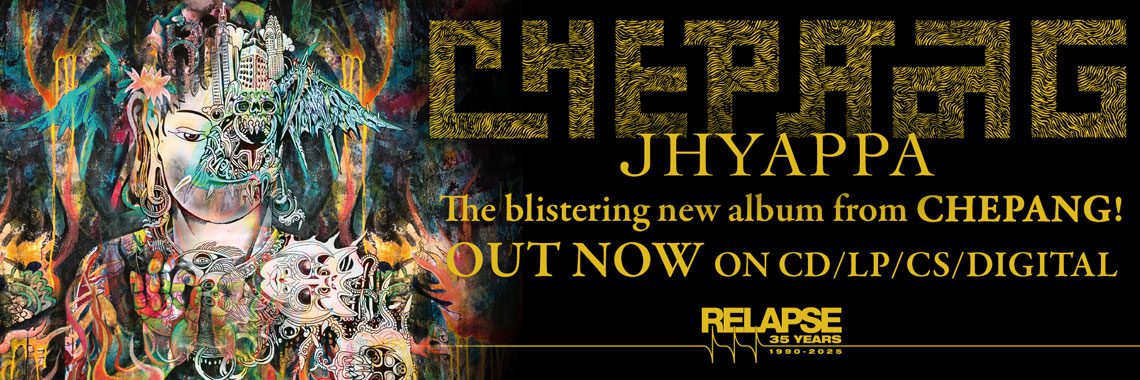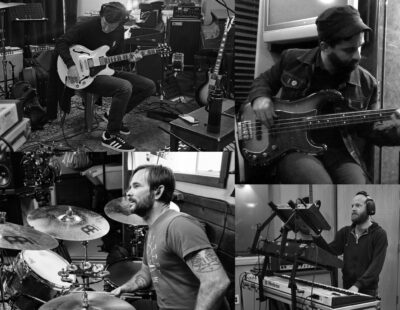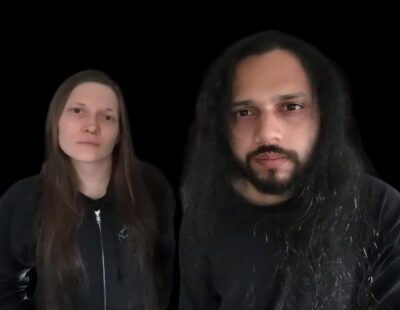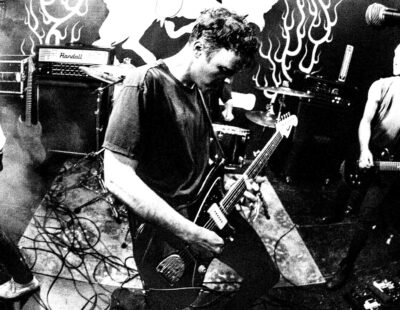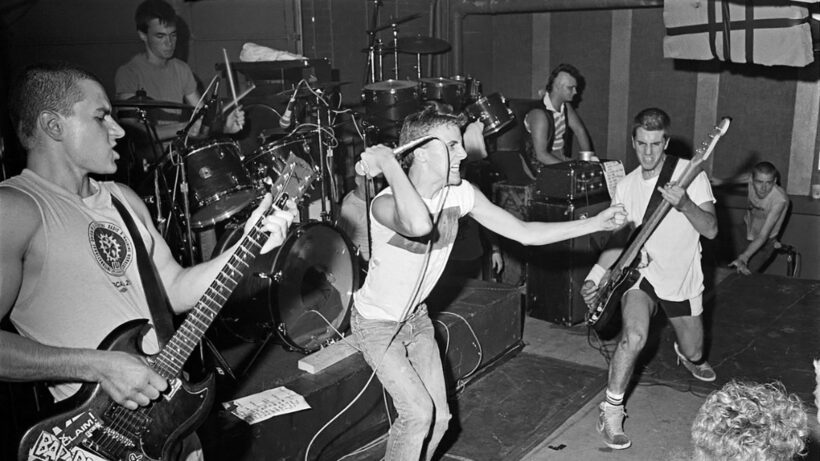
Guitarist Al Barile is one of the founding fathers of American hardcore. His Boston band SS Decontrol (SSD) pioneered straight-edge hardcore, changing not just the landscape of hardcore punk but global youth culture. SSD released their debut, The Kids Will Have Their Say, on XClaim and Ian MacKaye’s Dischord label in 1982. Roughly 1,900 copies were pressed and quickly sold out. If you’d like one today, they sell for an average of two grand on Discogs.
The Kids Will Have Their Say was never pressed again but remained available via bootlegs and on sites like YouTube. Barile and his bandmates never went after anyone for the streams, reasoning that the music was in circulation and finding listeners. Lately, though, Barile has faced challenges that have forced him to consider his legacy, including a forced retirement due to back pain and cancer.
More than four decades later, that reissue will arrive next week via Trust Records. Decibel has heard it, and, boy, it sounds amazing. After so many years of subpar streams, it’s nice to hear the nuance and detail of the recording. All the variants of the album are sold out.
The reissue was remastered from the safety version of the original master tapes. Engineers worked around mold and water damage to renovate the recording. Hardcore fans of all generations will appreciate their efforts. Barile talked to us about SSD’s debut and the staying power of Straight Edge.
How did this project start? Was it the lack of access to a proper copy of the album?
The album came out in 1982. We made about 1,900 of them, and they sold out in a few months. We picked them up in New Jersey, drove back to Boston, and dropped copies off along the way. The record almost sold out by the time we got home. Initially, I was focused on our second record. Back then, it didn’t make sense to repress the album. We just moved on to other things.
I considered releasing it in 1992 when I had a second band, Gage. I thought it might be a good time to put it on my label and help Gage. Ultimately, I kept it pure and didn’t use SSD to prop up my other band. People contacted me once a year to put it out, but I never saw a reason why. It was always available online, and I never told anyone to take it down. I had an idea for a greatest hits at one point, but then CDs started fading away.
In 2018, I was forced out of my job (as a lifelong mechanical engineer) because of my health. (Years later) I talked to Keith Morris of Circle Jerks, who hooked me up with Trust Records. They matched where I wanted to go. I’m a creator and not a seller, so I left it with the professionals.
Like many Misfits 45s, SSD’s debut is worth thousands.
I’ve seen our records sell for more than $2,000. There is always a market for our album.
This record was one of the formative hardcore albums. Along with Minor Threat, it introduced straight edge to the subculture. What have people told you about what this record meant to their lives?
I wanted to be socially accepted, so I went along with the drinking crew. I wasn’t into hard drugs, but I did the high school party thing. We’d be out in the woods drinking Schlitz or Miller. A lot of times along the way, I wondered what I was doing. I left those friends in Lynn (Massachusetts) and sought out bandmates. When I found these new friends, I knew I wouldn’t make the same mistakes.
We went to New York and Bad Brains were playing. I bumped into Henry Rollins, who was selling the SOA album in front of Irving Plaza. He told me all the guys with him were straight-edge. It made a strong impression on me – that none of them partied. Driving home that night, we talked a lot about straight edge. It gave me the courage not to drink anymore.
When you listen to this album now, what does it mean to you? What do you think?
I hear all of the mistakes (laughs). It was a difficult record. We recorded it in three or four sessions. Being in a studio and recording was brand new for us. I thought it might be me. It was hard to wrestle with the fact that it didn’t sound live. Sounding live went in direct conflict with the recording process.
Finally, I backed off and listened to the recording engineer. I had all these ideas to recreate the feeling of being in the basement. I couldn’t get that feeling. But many bands fall into the trap of wanting a live-sounding record. I gave in to the new process. It got better from there.
The best hardcore albums were largely made by amateurs who didn’t know what they were doing. Plenty of music made by accomplished professional musicians doesn’t last four decades.
We grew up around Berklee (College Of Music) – there are many accomplished musicians. Most of them don’t put out records. We were playing in art galleries and VFW halls and went on to be a professional band. People are still interested in this record, and it’s flattering. Forty years later, it’s selling out. Hardcore bands today are still putting out their own albums without labels.
The album cover (of kids running at the Massachusetts State House) is iconic. But when I look at it now after January 6, I have to admit I look at it differently.
January 6 was a tragedy. When we wrote the record, it was about kids standing up and having more say in the future. We weren’t ever saying we wanted to take over the government.
The music is about self-awareness. It’s not a political record.
The album was about young people having their say in the world they are inheriting. Even today, young people don’t seem that interested in politics. To this day, no one asks kids what they think.
Are you physically able to play?
When I decided to reissue this album, I developed a 2024 project. The idea was to have this reissue and get (the band) together in the same room. We left with some heat between us. We aren’t getting any younger, so it would be great to get in the same room and play. It would be an amazing thing between friends. I just wanted to play with the guys again. We were going to do three songs for our record release party. But with my back, I can’t stand and play.
What is the legacy of The Kids Will Have Their Say?
I hoped it would give kids in high school the choice to be straight edge. Years later, I think that’s what happened. That is what I envisioned. The record represents the first step of being free. It speaks to independence.

